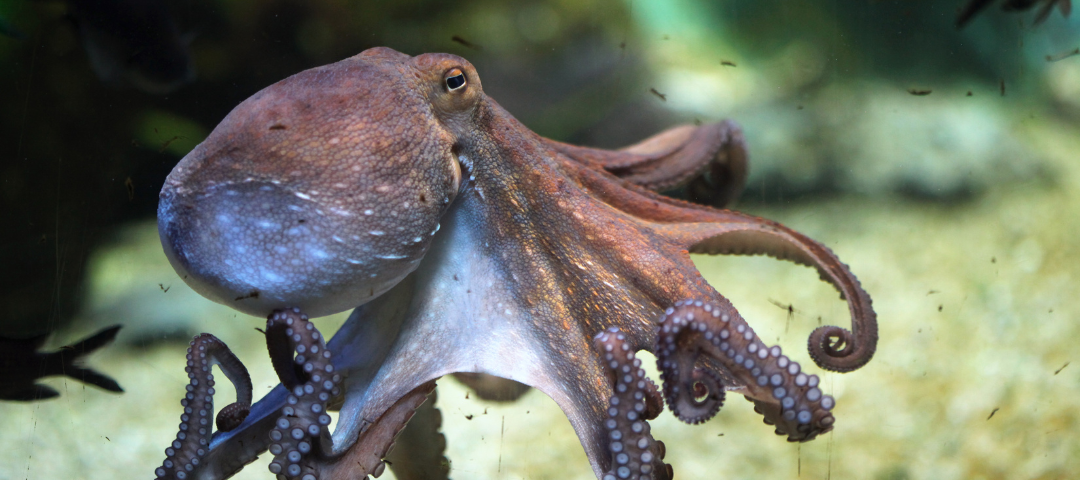Considering animal sentience on International Animal Rights Day

December 10th marks International Animal Rights Day, coinciding with International Human Rights Day to highlight that all sentient beings deserve protection. On this day, animal advocates across the globe host events calling attention to animal exploitation while envisioning a future with greater respect for all sentient beings.
The origins of International Animal Rights Day
International Animal Rights Day was established in 1998 by the animal rights organization Uncaged. Their goal was to expose all forms of animal cruelty and change societal attitudes that regard nonhuman animals as mere property or resources. Uncaged strategically chose December 10th to intersect with Human Rights Day to extend the call for fundamental protections beyond our own species.
Over the past 25 years, the animal rights movement has made strides in shifting mindsets through legislation, public campaigns, undercover investigations, and non-violent activism. But there is still immense suffering inflicted on nearly 200 billion land animals and trillions of marine animals raised and slaughtered for food annually worldwide. The scale of wild animal suffering is far worse. Wild animals face threats due to human activities on land, fishing, air and water pollution, and climate change. Wild animals need protection from a lot of natural harms, too.
Understanding animal sentience
At the heart of the animal rights ethic is the scientific evidence that animals can suffer, feel pain, and experience emotional states just like we do. Animal sentience refers to the ability to perceive and subjectively feel emotions. Mammals, birds, fishes, and many invertebrates show signs of conscious awareness and sensibilities, much like humans.
Our understanding of animal sentience has grown with advanced knowledge of animal brains and observation of behavior. We know cows nurture friendships, pigs can express many emotions, and chickens get distressed by losing their flockmates. Squids and octopuses show curiosity to explore new objects. Bees can get optimistic or pessimistic based on experience. But more importantly, we know that the capacity to feel pain extends much further than these easily observable signs. To process pain, a nervous system doesn’t have to be complex enough to give rise to emotional states. So we have to consider the interests of all sentient beings, including the most disregarded animals like insects and crustaceans.
Animals can have legal rights too
Acknowledging animal sentience is the first step to fundamentally reforming our relationship with animals. It means accepting that other beings also have preferences and a desire to avoid suffering — just like any human wants. Enshrining animal sentience into law is an important advancement, one which many countries like India, the UK, and Spain have taken in recent years:
The UK adopted the Animal Welfare (Sentience) Act in 2022, which formally recognizes that vertebrates have the capacity to experience feelings and emotions. It requires ministers to consider animal sentience when creating new laws. The Animal Welfare Act of 1999 declares that animals are sentient and that their welfare must be considered in animal care, research, and other human-animal interactions.
India legally declared dolphins as “non-human persons” in an effort to curb captivity and establish certain rights like life and liberty. Various court cases have also granted rights to other species in India, like birds, elephants, and chimpanzees. Costa Rica’s Constitution declare animals as sentient beings deserving protection in. Under U.S. law, it is more difficult and complicated to help animals.
In 2021, Spain passed a law recognizing animals as “sentient beings” and making animal welfare a matter of public interest.
How we can help animals
On this International Animal Rights Day, let’s reflect on how our everyday choices and actions can help shift society towards greater compassion. Here are some ideas:
• Avoid supporting animal exploitation by eating a vegan diet and not using animal products like leather and entertainment that uses animals.
• Learn about the situation of animals living in the wild, a very neglected group.
• Remember: It is not enough to stop harming animals. We should help them too.
• Find ways you can help in your career or your free time. You can contribute to scientific knowledge or use writing or visual content to educate others.
These are steps anyone can take to give animals respect. Changing people’s attitudes is a very effective strategy for long-term change. If people view our relationship with other animals differently, it will influence all their actions and decisions, no matter what situations arise in the future. The most important thing to do is to keep speaking up for animals.